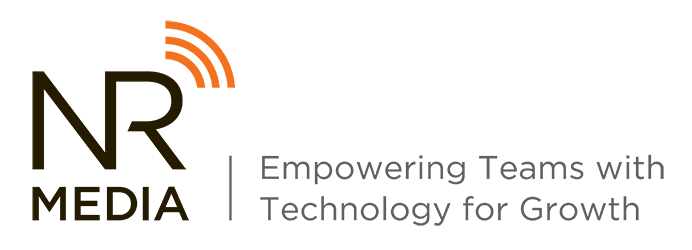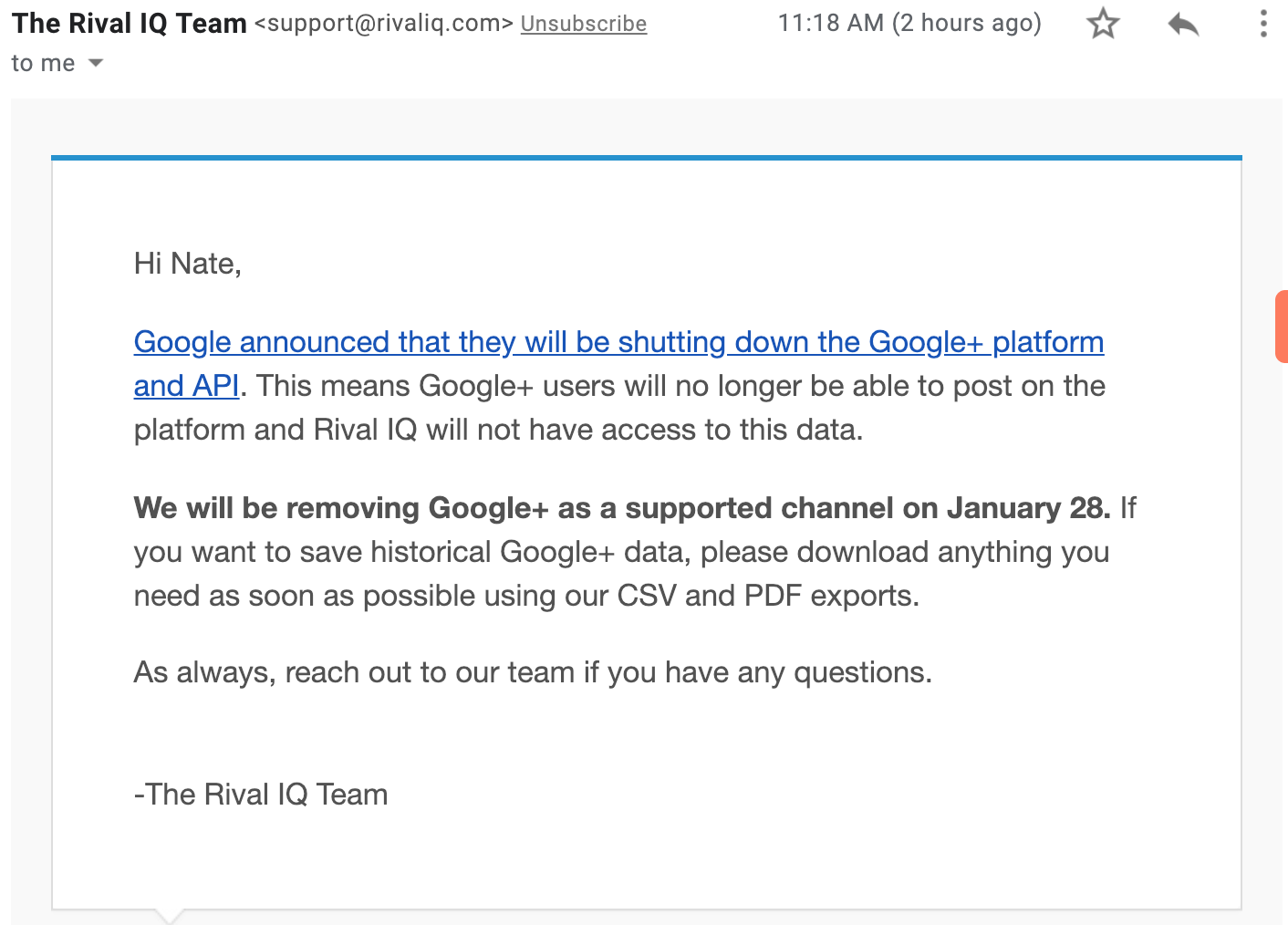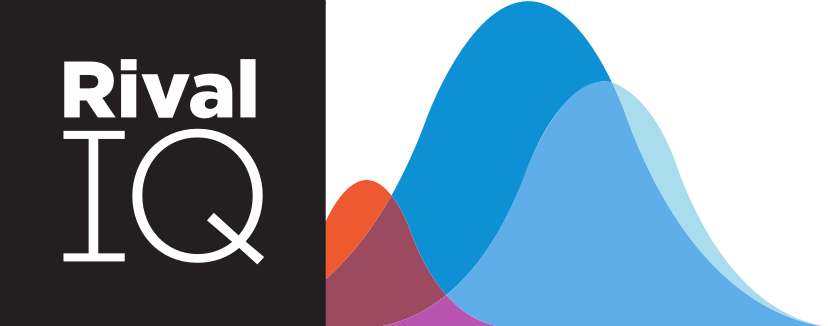 Social media has changed many interactions between professionals and the public, and its rise has brought several new hazards for professionalism. Nothing is really private anymore. Whether we like it or not, there are expectations in place for how we represent our personal lives in the public forum of social media.
Social media has changed many interactions between professionals and the public, and its rise has brought several new hazards for professionalism. Nothing is really private anymore. Whether we like it or not, there are expectations in place for how we represent our personal lives in the public forum of social media.
In many cases, we simply fail to consider issues of professionalism in our actions online. School teachers, lawyers, and politicians have put themselves in hot water for online conduct. These examples underscore the need for improved education and communication about the use of social media by professionals.
A Few Concerns
Our digital footprints are blazing trails and stirring up issues about how we manage our online identities.
The digital footprint concept "encourages individuals to think of downstream consequences for each online action they take and become aware that as they 'tread' through the World Wide Web, they leave behind a 'footprint.'"
 In The Impact of Social Media on Medical Professionalism, the researchers note three primary concerns about professional behavior online:
In The Impact of Social Media on Medical Professionalism, the researchers note three primary concerns about professional behavior online:
- Images of off-duty drinking. While a picture of coworkers enjoying a happy hour may seem harmless, the twenty drinks on the table might tell a different story.
- Many people experience a sense of disinhibition in their online actions, thus causing them to do and say things online that they wouldn't say in public.
- The wide reach of social media increases the potential impact of gaffes more than typical face-to-face interactions because of the wide reach of this media.
Like we learned as children before crossing the road, stop, look, listen, and think about what you post before you post it!
The Mirror of Social Media
It's unfortunate that social media can enable a status or tweet posted during a momentary lapse in judgment to spread rapidly beyond the intended audience with a simple click in the form of a RT or Share. In this sense, the authors posit, "social media can act as a mirror reflecting intimate thoughts and behaviors back to oneself as well as to others around the world."
These "mirror images" reflected by social media may prove the true character of a professional. When these unprofessional images in the social media mirror are amplified by press coverage, they may also become magnified or distorted or both. Take Justin Bieber's faux pas for instance.
Our "Looking Glass Self"

Part of how we develop our identities lies in others' opinions, perceptions, and judgments of us. The "looking glass self" is a psychological concept that suggests we develop our sense of self based on the perceptions of those we interact with.
Another social psychology concept that applies to our online professionalism is the reflected appraisal process, which refers to how we imagine other people seeing us. This process has a large effect on our self image: "In many instances, the way we believe others perceive us is the way we perceive ourselves."
A Framework for Professionalism on Social Media?
While it may not be necessary to expand the existing framework for professionalism, we should consider the issues raised by social media and make informed decisions to decide what is appropriate and inappropriate for our group, institution, or workplace as we represent ourselves on the web.
If social media is a mirror, what kind of reflections does the public see of professionals?
Should companies have guidelines to address the challenges and opportunities for employees on social media?
What would these guidelines entail?
Let us know in the comments below!


